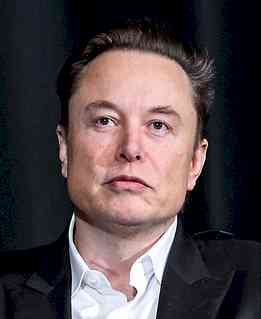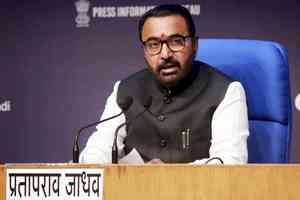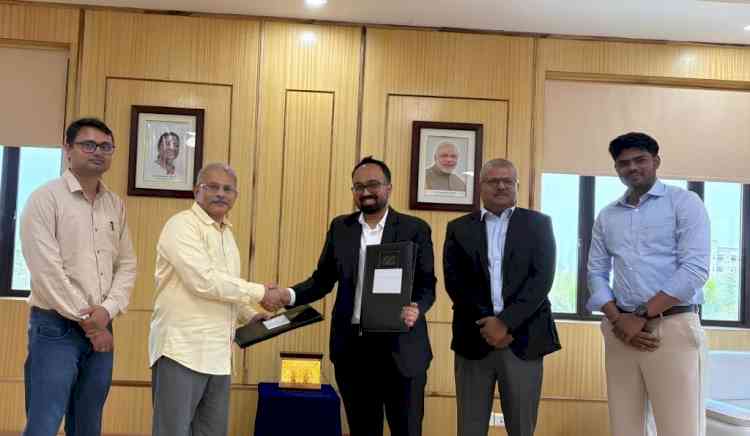Infosys Science Foundation Honors Early Career Researchers with the Infosys Prize 2024
Prof. Peter Sarnak presented the laureates with a pure gold medal, a citation, and a prize purse of USD 100,000

Bengaluru, January 11, 2025: The Infosys Science Foundation (ISF) today awarded the winners of the Infosys Prize 2024 at a felicitation ceremony in Bengaluru. In its 16th year, the prize changed the eligibility criteria and is recognizing researchers under the age of 40, underscoring the importance of early recognition for exceptional talent. The winners were conferred the prize for their stellar contributions across six categories—Economics, Engineering and Computer Science, Humanities and Social Sciences, Life Sciences, Mathematical Sciences, and Physical Sciences. The winners were felicitated by Chief Guest Prof. Peter Sarnak, Gopal Prasad Professor of Mathematics, Institute for Advanced Study, and Eugene Higgins Professor of Mathematics, Princeton University, with a pure gold medal, a citation, and a prize purse of USD 100,000.
The event was attended by distinguished scientists and academicians from around the globe, business leaders, young researchers, and students. Trustees of the Infosys Science Foundation—Kris Gopalakrishnan (President, Board of Trustees), Narayana Murthy, Dr. Pratima Murthy, Srinath Batni, K. Dinesh, Nandan Nilekani, Mohandas Pai, Salil Parekh, and S.D. Shibulal were present at the award ceremony.
Commenting on the occasion, Chief Guest Prof. Peter Sarnak, said, “It is a great honor for me to be part of the Infosys Prize 2024 ceremony recognizing the achievements of these young scholars whose brilliant research has advanced and helped shape their fields from mathematics, physics and computer science to the life sciences, economics, social sciences and humanities. Over the years I have witnessed firsthand the immense talent and impact of Indian mathematicians, physicists and computer scientists and as clear from the descriptions of this year’s prize winners this tradition extends across all these disciplines and to all of the 2024 prize winners. The annual recognition of such world leading scholars by the Infosys Science Foundation is an inspiration to students both in India and globally.”
Highlighting the new direction, Kris Gopalakrishnan, President, Infosys Science Foundation, said, “As the Infosys Prize marks its 16th year, we are proud to celebrate early career researchers whose work embodies the progress and potential of science today. Recognizing early-career talent is crucial for driving innovation and inspires the next generation to address the challenges of tomorrow. This year’s laureates have demonstrated exceptional dedication and ingenuity, contributing solutions to critical global challenges. Their achievements highlight the strength of the scientific ecosystem and reaffirm our belief that science is on the right path to creating a better, more sustainable future. In an attempt to establish meaningful research collaborations, from this year onwards we have asked winners from outside India to spend a month in Indian institutions of their choosing as part of a new Infosys Prize Residency program.”
As part of the Infosys Prize Residency program, a laureate of the Infosys Prize in any category, not residing in India, is required to spend 30 days of their choosing in the calendar year following the announcement of the award in an Indian institution of their choice. This is done with an aim to encourage collaboration among the laureates and the science community in India.
On January 10, the fourth edition of the Infosys Prize Winners’ Symposium was held at the Taj West End. The laureates presented their award-winning work to an invited audience of their peers and senior members of academia.
The winners were chosen by jury panels headed by eminent academics: Prof. Jayathi Y. Murthy (President, Oregon State University) for Engineering and Computer Science; Prof. Akeel Bilgrami (Columbia University) for Humanities and Social Sciences; Prof. Mriganka Sur (Massachusetts Institute of Technology) for Life Sciences; Prof. Chandrashekhar Khare (University of California, Los Angeles) for Mathematical Sciences; Prof. Shrinivas Kulkarni (California Institute of Technology) for Physical Sciences; and Prof. Kaushik Basu (Cornell University) for Economics.


 City Air News
City Air News 









